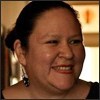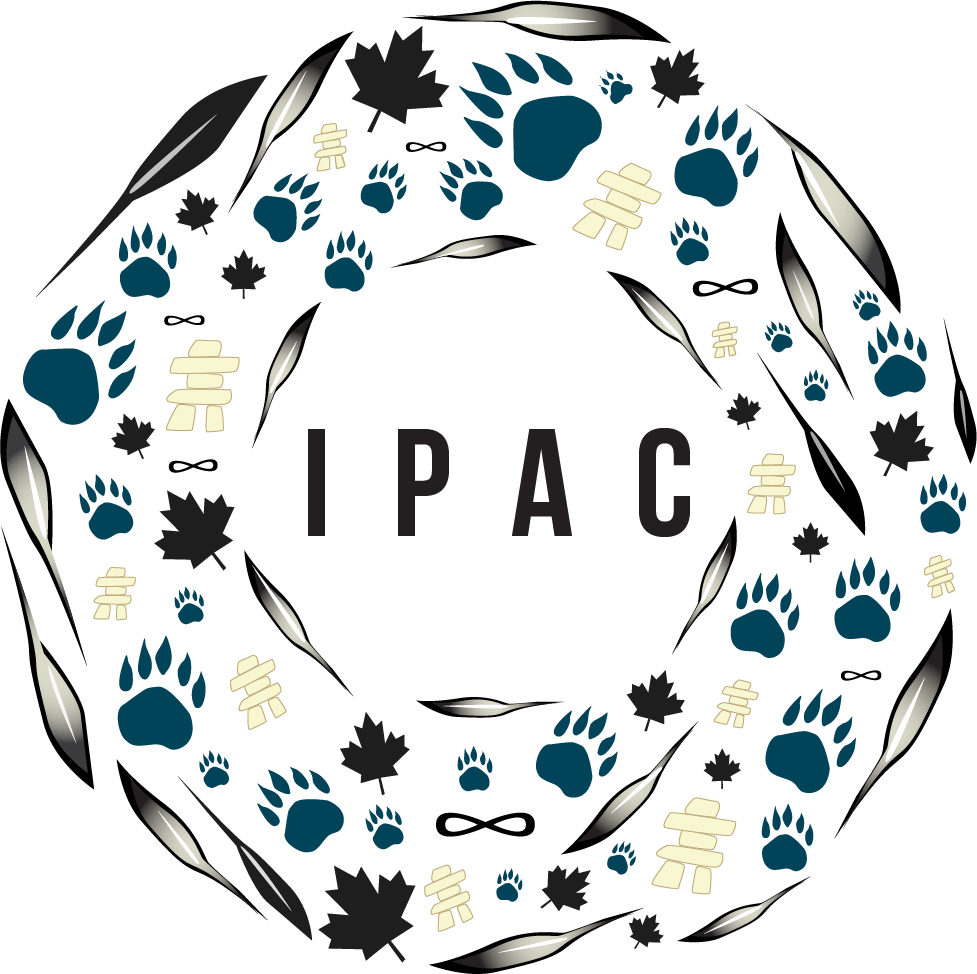RECOGNIZING EXCELLENCE - DENISE BOOTH

We shine the spotlight on our first student: Denise Booth, who is studying to be a midwife at Ryerson University.
Describe your education career goals in just under four sentences.
I study at Ryerson University to become a midwife. I want to minor in Indigenous Politics. I have an Assaulted Women and Children’s Counsellor and Advocate (AWCCA) diploma from George Brown College.
Where do you go to school?
I am at Ryerson University part-time and in my first year of studies.
Why did you choose your major? What sparked your interest in this area?
n my last year at George Brown College, I toured Six Nations Birthing Centre. I was a young mom then interested in seeing the centre. Listening to the midwives describe how important it is for families to have the right to choose how their children come into the world and how every family has the right to health care inspired me to become a midwife.
As for politics, I have listened to men and women speak passionately about Indigenous politics. A wise friend once said to me, “Being an Indigenous midwife is an act of Indigenous politics.” It’s about making positive changes for community, children, and future generations.
What do you enjoy most about your education experience? What aspect makes you learn the most?
I never expected to go to University. I was young when I started my family. I think my children make me strive for my education. I want them to know that they can do anything they set their mind to. I have a support network today at Ryerson Aboriginal Student Services and with my co-workers at Native Women’s Resource Centre.
Where do you see yourself in 5 years?
I will be finishing the midwife program and continuing to work in the Aboriginal community. I would like to work in the North and maybe abroad to support families bringing new life into the world.
What does success look like to you?
Success isn’t measured by how much money I make or the possessions I have. I have the privilege to work in a field I love in a place I enjoy working. I’m studying to become a midwife which I am passionate about. I teach Indigenous culture and history at organizations. I have two daughters. I travelled and lived abroad. Success is measured in happiness and I am very happy.
What has been the most outstanding moment thus far in your education experience?
I am a spokesperson for a AWCCA program. My picture hangs in the George Brown College St James Campus hallway. I spoke in a class called Integrative Seminar about topics like personal, emotional, and spiritual health.
Do you volunteer? If so, where and why is that important to you?
I don’t volunteer because of family, work and school. It’s important to volunteer to give back to communities and it’s a great way to network. Sitting on a board of directors is a place to start to learn how community organizations work.
Do you have any advice for other Indigenous students in Canada
School success is linked to my support networks I suggest that Indigenous students connect to a service like Ryerson’s Aboriginal Student Services (RASS).
What do you think is the most unique challenge for an Indigenous person in your industries?
The most unique challenge for Aboriginal students is a space for us to keep our traditions alive, our voices heard, and to break stereotypes. It’s hard to live, work and study in Toronto – Aboriginal people get lost in the sea of multiculturalism. I have RASS which is a space that allows us to be ourselves.
What made you interested in joining the Indigenous Professional Association of Canada and why would you encourage others to join?
IPAC is a great way to network, meet people, and share stories.

